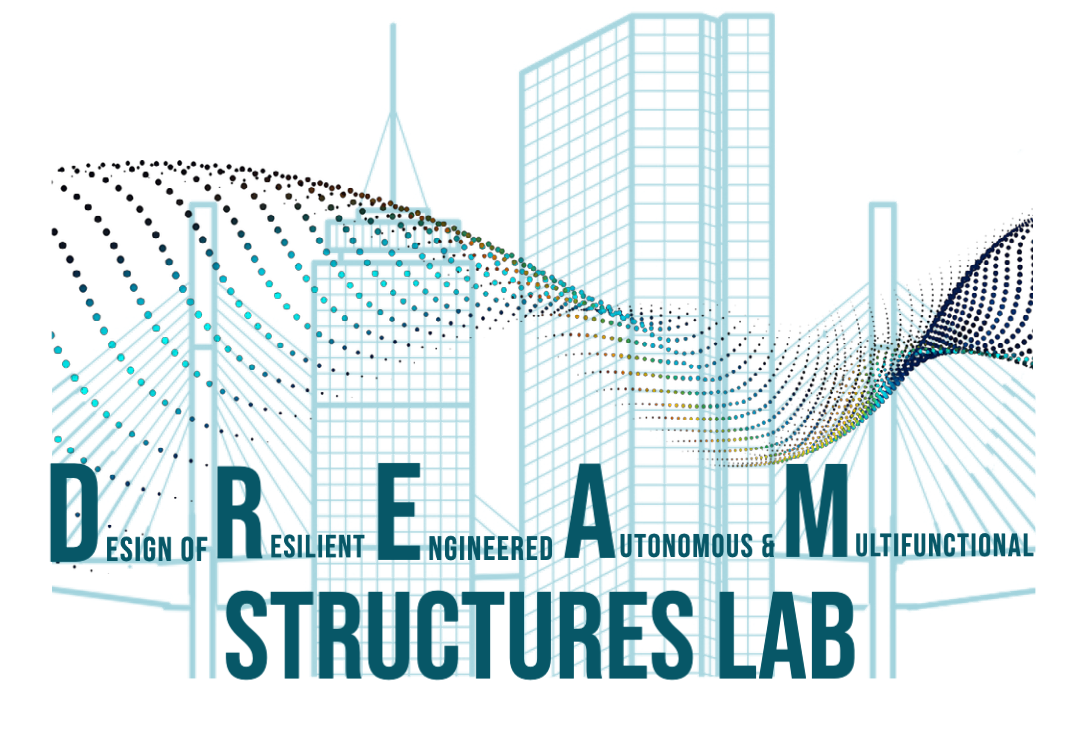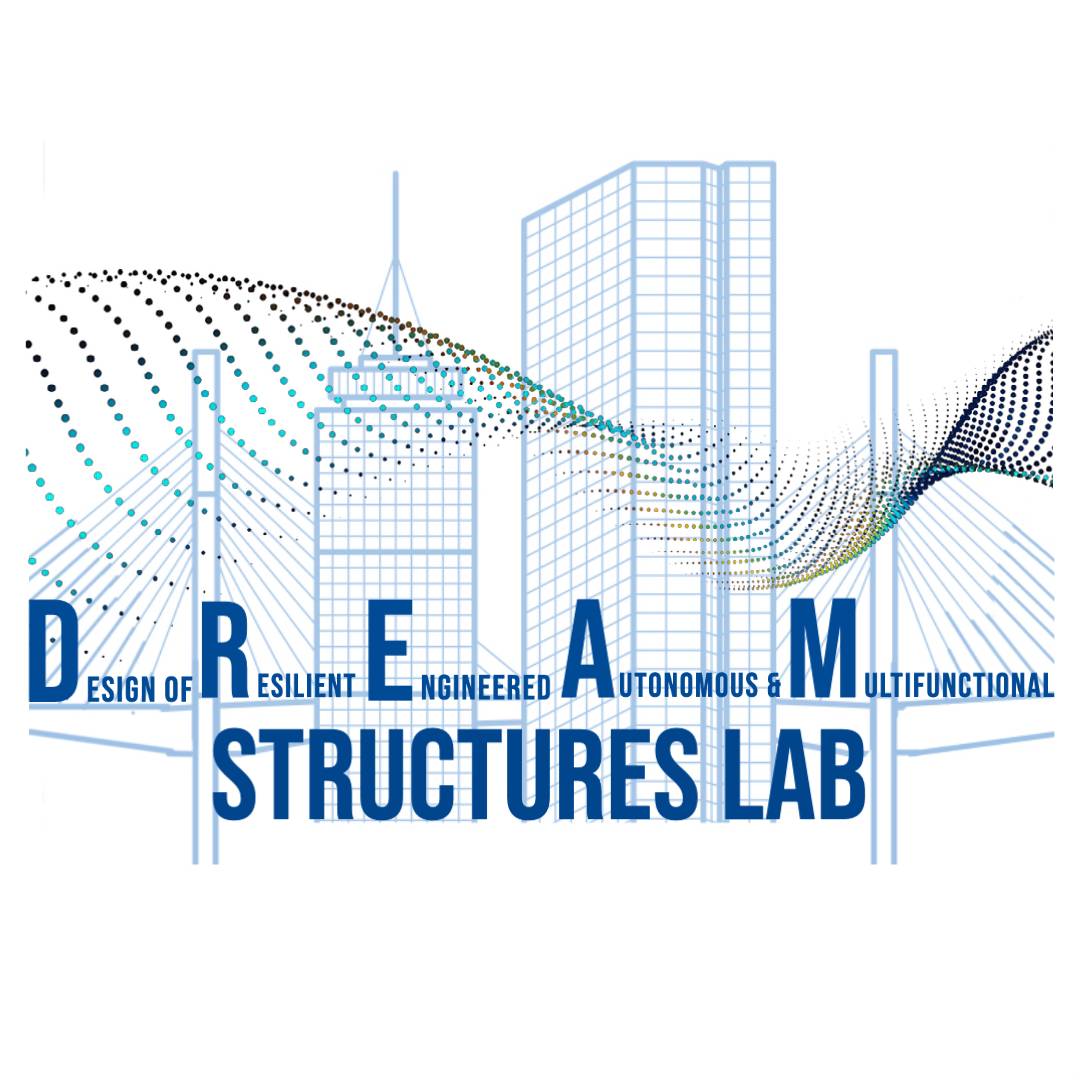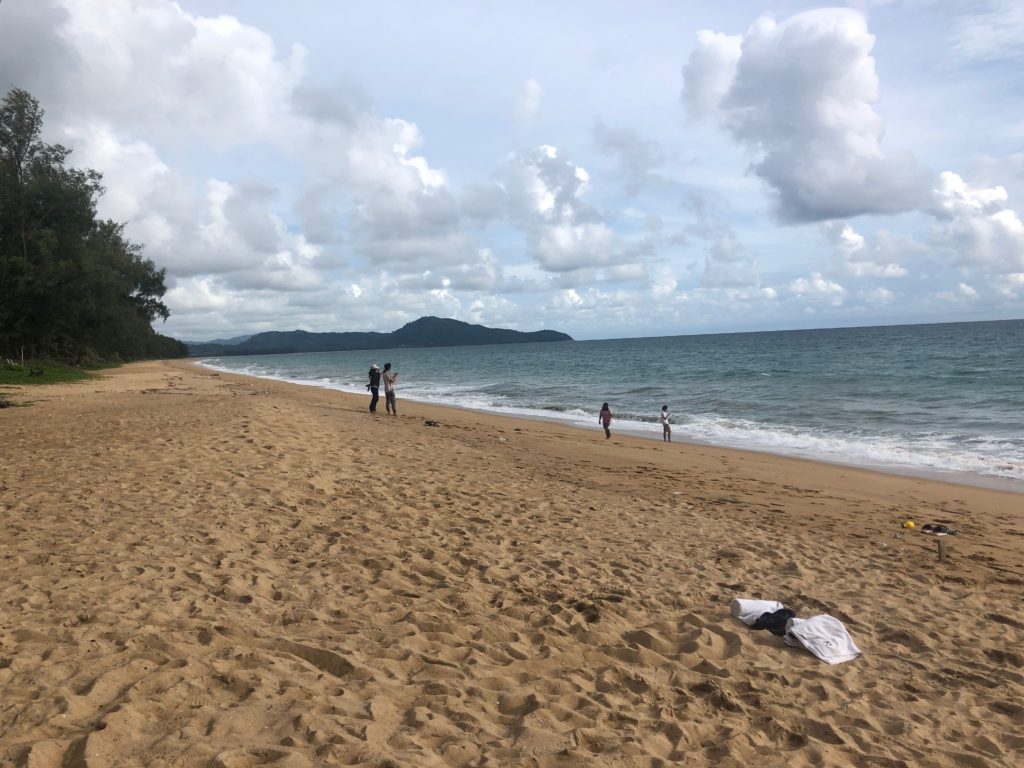
Hello my wonderful readers!
Today was day numero dos in Phuket, Thailand.
Throughout the morning, research groups met during breakfast to discuss details and progress in our NSF proposals. My group includes: Laura Rodriguez, a PhD student from the University of Connecticut and Achat, a Masters student from Chulalongkorn University here in Thailand. Our mentors for the project are Dr. Giselle Ragusa from the University of Southern California and Dr. Jing Tang from Kasem Bundit University.
We decided to brainstorm and to come up with possible strategies of how to approach this, and we continuously ran into the questions “why didn’t we see any emergency plan signs when driving into Phuket?” “How do the locals know what to do if faced with a tsunami?” “Why didn’t the hotel inform us of or let us know where to find their tsunami plan?” “Do they have a plan?”
We decided to ask Atcha, since she has lived in Thailand her whole life, and she seemed a bit thrown off by the question. She started typing away in Google translator and passed me her laptop. She wrote “Thai people do not like to talk about inauspicious things like death because there is a belief that if you talk about death, it will become a curse. Phuket people are afraid that tourists will be afraid to visit Phuket, especially Asian people who are sensitive to situations and rumors“.
This to me, was amazing. I had never paused to think of how strongly culture influences our views of natural disasters.
Another comment that stood out in particular was one by Dr. Jing about the tsunami shelter we had visited the other day. She had mentioned that although the sirens would play Thai traditional music everyday as tests to assure that the speakers were functioning properly, there was no specific information given to the locals of what particular sound would be projected if in the event of another tsunami.
After hearing that last comment, we decided to “run with the wolves.” Through our research and from what we had experienced over the past few days, we concluded that what Thailand needed most for tsunami mitigation was a community preparation plan educating and engaging the locals of what it is and how to respond appropriately when a natural disaster like a tsunami is to to hit the community again. We will be bridging the two concepts of “citizen science” and “humanitarian engineering” together to form a tsunami mitigation and preparation framework.
The rest of the day was free for us to enjoy the beautiful Thailand until it was time to leave for our flight back to Bangkok at 7 pm. I decided to get one of those famous Thai massages and take advantage of the beach. (:


